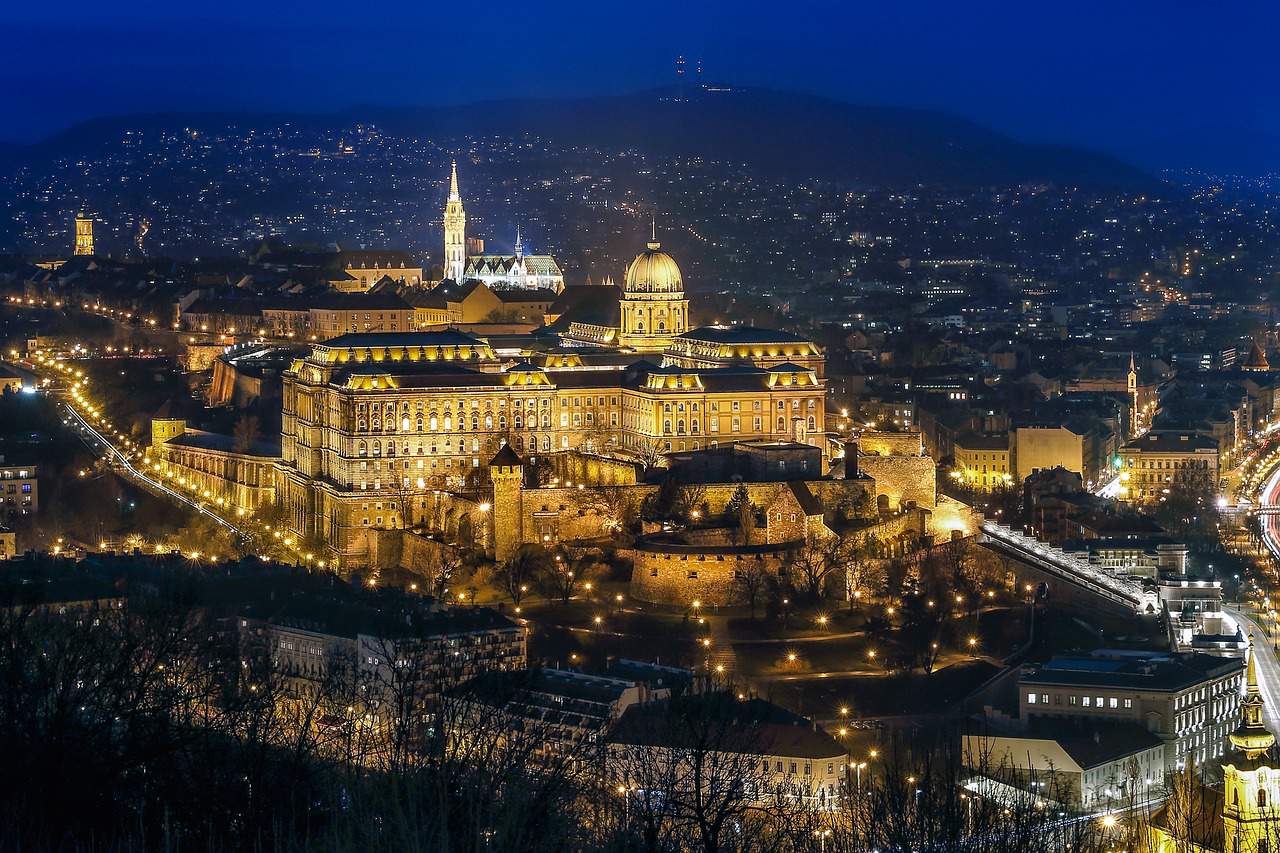How can Hungary reestablish itself as a tourism center post-pandemic?

When Covid-19 appeared on a huge scale in 2020, and various European countries turned into chaos, the situation changed drastically. Restaurants, shops, cinemas were shut down across European countries. Public transport was prohibited, and thousands of people died in a very short period.
Sponsored content
Hungary, one of the most notable countries and tourism centers in Europe, has also suffered. The country registered over 4,000 cases and more than 500 deaths. Yet the state still managed to come out of a difficult situation with minimal losses and Hungary eased some restrictions step by step.
However, most countries, including Hungary, rely on tourism. The latter in Hungary has a long history, and Budapest is considered to be one of the most popular tourist destinations in Europe, with its beautiful places. But COVID changed everything. Will Hungary manage to stand on its feet and return to the previous destination?
The post-pandemic period will change everything
The world is not the same one, we knew before the pandemic. Tourism-reliant regions and countries, to some extent, will suffer in summer. Hungary promised to return to the international pandemic as soon as the pandemic was over. But will it work in Summer? Zoltan Guller, who is the director of the Hungarian Tourism Agency, declared that he hopes so. But security will be the utmost priority, with face masks and disinfectants becoming compulsory for everyone in the country.
Here goes another question – will tourist sightseeings open? Surprisingly, most foreign tourists who come from Europe visit casino venues a lot when they visit Hungary. And because of Covid-19 casinos were closed. This moment is very important for both the economy and tourism. To support this opinion, one of the employees Steve Branson from Casinos-australia.net emphasized the importance of casinos in tourism. Sure thing, people visit buildings, fortresses, historical centers a lot, but a huge part of tourism is also made up of gambling and Hungary will have a hard time in reestablishing, if it does not pay attention to gambling venues.
How the situation unfolded in Hungary?
Hungary began to prepare for the crisis caused by the coronavirus pandemic in advance, and this paid off: the incidence in the country was one of the lowest in Europe. However, the EU has criticized the actions of the Hungarian authorities.
The coronavirus pandemic did not take Hungary by surprise.
The incidence and mortality rate from COVID-19 in this country was one of the lowest in Europe. But the actions of the Hungarian authorities to contain the epidemic caused criticism from Brussels and even reproaches for violating democratic principles.
For example, Spanish MP Juan Fernando Lopez Aguilar condemned the law giving extraordinary powers to the government of Viktor Orban. According to the European MP, giving Orban absolute, unlimited power was nothing more than a suspension of parliamentary democracy in Hungary, which was absolutely unacceptable.
However, perhaps it was a decisive action that helped Hungary survive the peak of the epidemic with minimal losses.
The government began to prepare for the epidemic at the end of January. The first two cases in Hungary were recorded only on March 4.
At the head of the created staff was the Minister of the Interior. The headquarters also included senior officials from healthcare, law enforcement, counterterrorism, and natural disasters. By January 31, an action plan to counter the epidemic was prepared.
In prisons of the country, the production of protective medical masks has been established.
The prisoners worked 12-hour shifts. On the day of the prison, 20 thousand masks were produced, which went to hospitals.
When COVID-19 began to spread in the country, authorities responded with lightning speed. In all cities, mass events were canceled, including the celebration of the anniversary of the Hungarian revolution. The regular disinfection of Budapest transport began. By order of the headquarters, beds in hospitals were released, non-urgent operations and procedures were canceled.
The Budapest Zoo and Botanical Gardens, as well as the popular thermal spas, were closed to visitors.
The state of emergency in Hungary was announced on March 11. The government immediately warned that restrictions would apply for several months.
Meetings of over 100 people on the premises were banned, many concerts and sporting events were canceled, theatres and cinemas were closed. Universities were encouraged to switch to a remote learning mode. Soon it was decided to close the schools. Kindergartens partially continued to work. Restaurants, bars, cafes and most shops should have been closed at three in the afternoon. After this, only grocery stores and pharmacies were allowed to work.
The borders of Hungary were closed, and only citizens were allowed to enter.
March 30 passed a law giving the government unprecedented authority.
Viktor Orbán received the right to virtually rule the country individually based on decrees and for an indefinite period.
In general, during an emergency in Hungary, elections and referenda are canceled. The Prime Minister may suspend certain laws and take other measures to protect citizens.
European Commission President Ursula von der Leyen was also the one who declared that Orbán had gone too far and there was a risk of abuse of the situation. Hungary did not agree with the criticism and ultimately, the state somehow overcame the difficulties.

